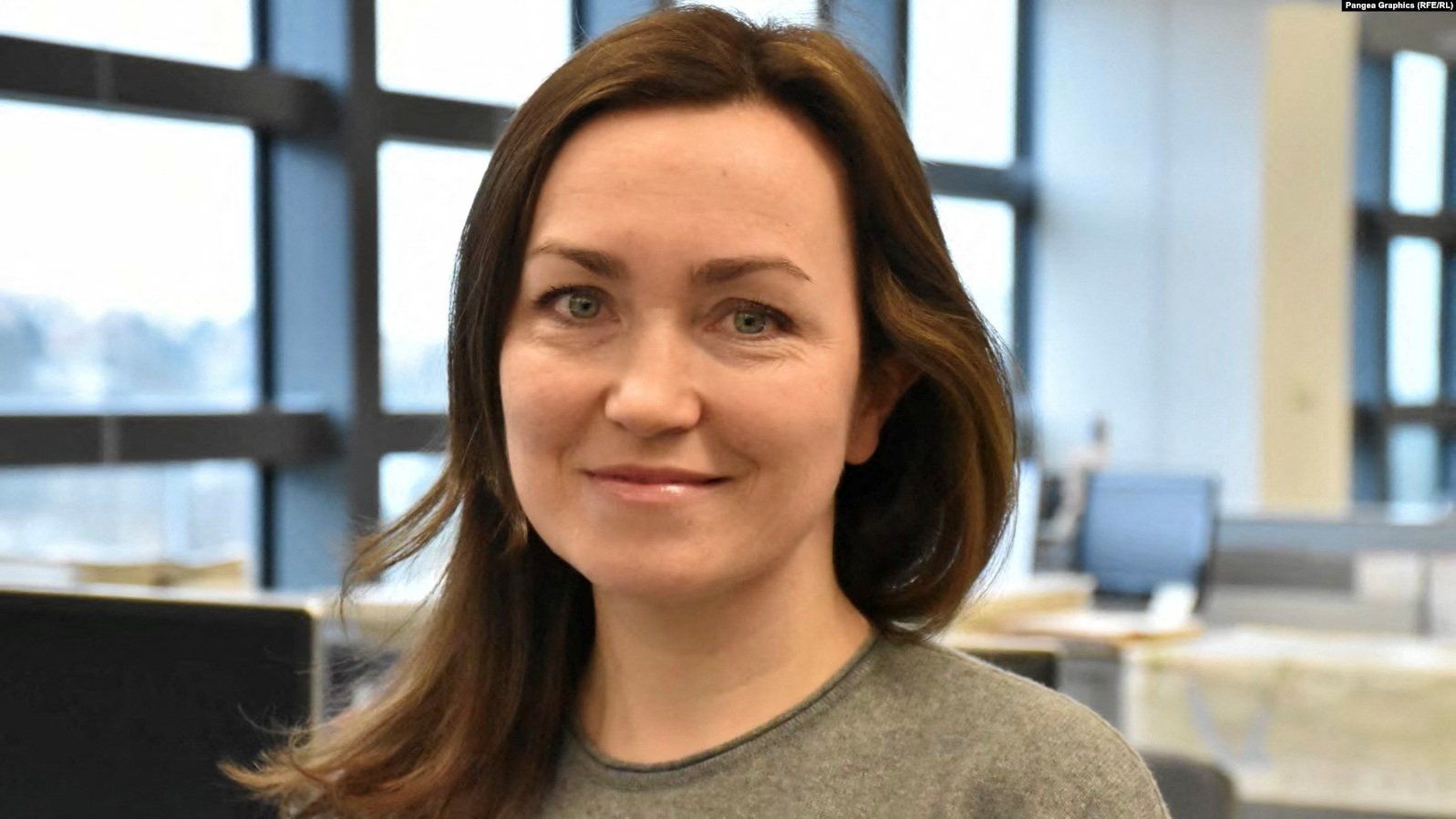Hard Numbers: Russia arrests another American journalist, Turkish company cuts Guinea Bissau’s power, Amazon drought is getting desperate, sex workers fight to preserve Amsterdam's red light district
5: Russia has arrested another US journalist, Alsu Kurmasheva of the Radio Free Europe/Radio Liberty in Prague for failing to register as a foreign agent. Kurmasheva, who has dual US-Russian citizenship, faces up to five years in jail and joins Evan Gershkovich of the Wall Street Journal as the second US journalist arrested in Russia this year.
36: Turkish power giant Karpowership – one of the world’s largest operators of floating power plants – turned off power in Guinea Bissau’s capital for 36 hours after the government failed to pay $17 million of debt to the company. Karpowership also switched off electricity to Sierra Leone in September after it failed to pay the nearly $40 million it owed the company.
121: The water levels in the port of Manaus, Brazil’s most populous Amazon rainforest city, have reached their lowest levels in 121 years as a historic drought upends a region where rivers are the main source of transportation for people, food, and water. Many areas have not had rain in three months, leaving boats stranded and remote areas without food and other critical supplies.
20,000: Sex workers in Amsterdam are protesting the proposed relocation of the red light district to an out-of-town "erotic center," challenging the mayor's plan to change the city's image and reduce tourism and crime. The mayor faces opposition from sex workers who feel unfairly blamed for the district's issues with petty crime. More than 20,000 people have signed a petition against the transfer.